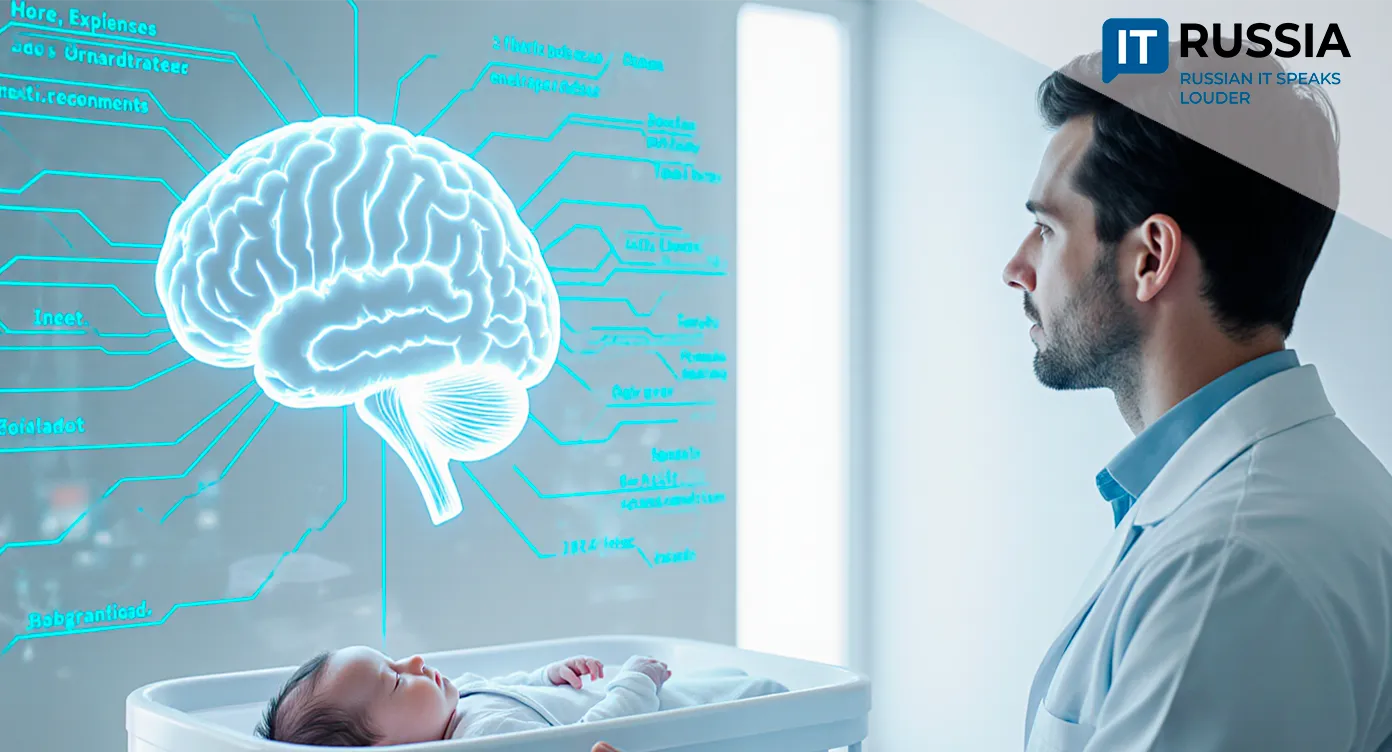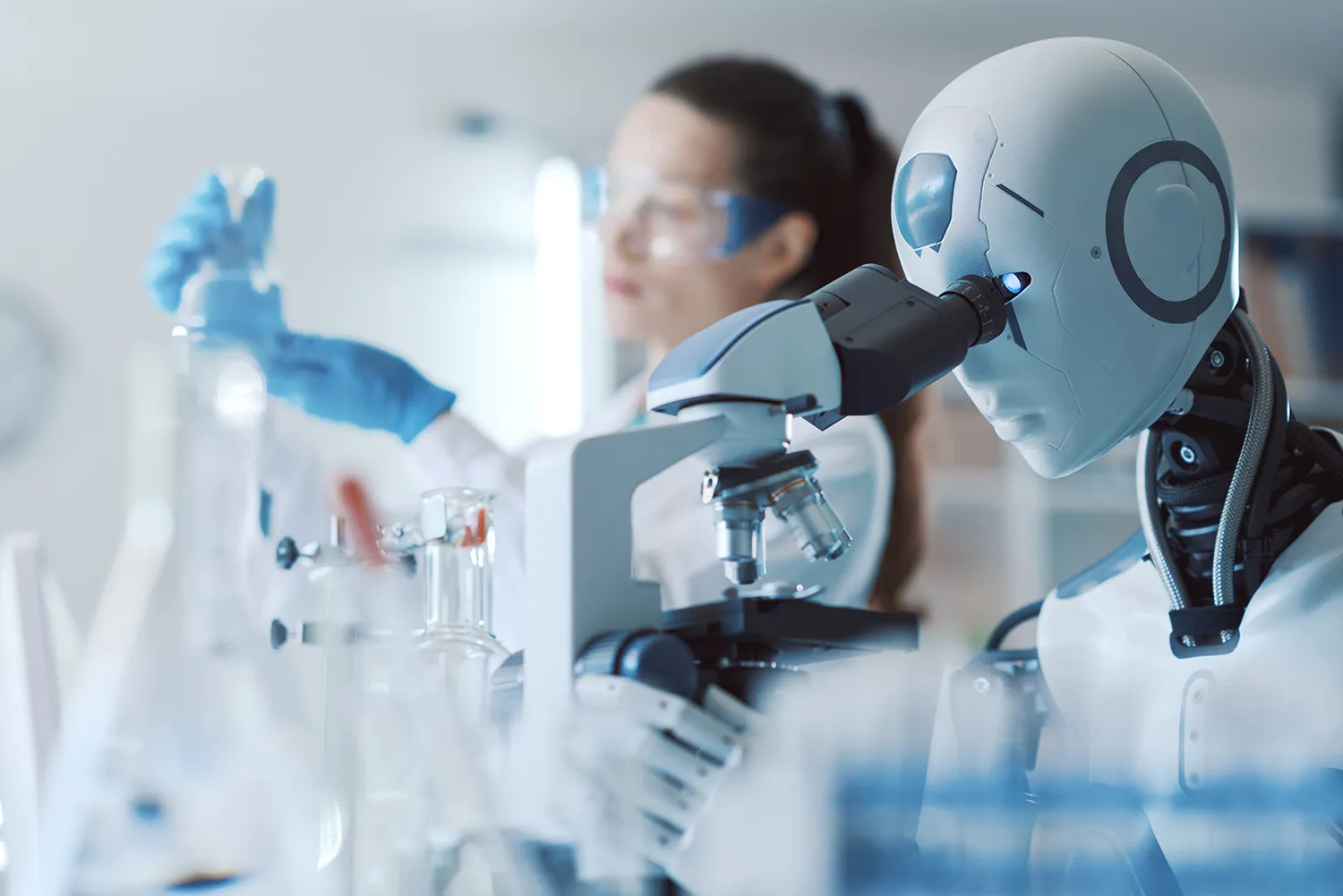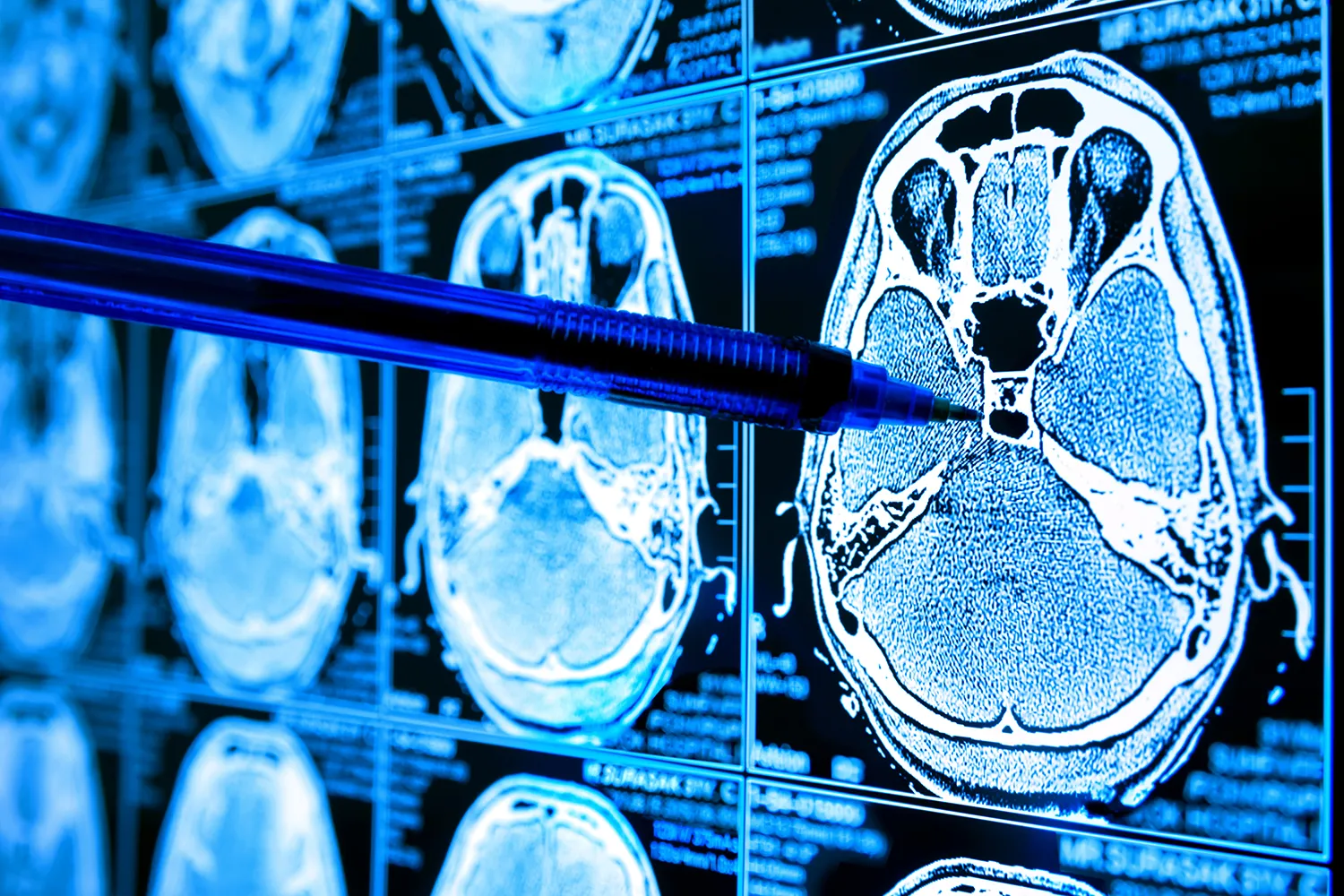Russia Launches World’s First AI System to Save Children’s Lives
Russian doctors and IT specialists have developed a neural network that significantly improves the accuracy of diagnosing and treating newborns with suspected central nervous system disorders.

From Routine to Revolution
In a world where technological sovereignty is becoming a pillar of national security and prosperity, Russia has achieved a breakthrough in a field measured not in profits, but in lives saved. Experts from Yandex B2B Tech and St. Petersburg State Pediatric Medical University have created the world’s first neural network designed to assess brain development in children under 12 months of age. This project is more than the success of a single team: it is proof of the maturity of Russia’s IT industry and its ability to produce globally significant innovations.
Until recently, analyzing MRI scans of infants was an exhausting, manual process. Radiologists had to outline brain structures on hundreds of slices for hours, calculating gray and white matter volumes by hand. This work was not only time-consuming but also error-prone. Now, thanks to Russian developers, the process takes minutes instead of days.

How the Breakthrough Works
The system, hosted on Yandex Cloud, is both elegant and efficient. Doctors upload MRI results into a secure cloud environment, where the data is anonymized to protect patient confidentiality. The neural network then analyzes the scans and within minutes returns images with clearly defined brain structures, along with detailed volumetric ratios.
The AI system delivers over 95% accuracy—well beyond what manual calculations can provide. The true value lies in early detection of severe central nervous system disorders, including cerebral palsy (CP), which affects two to three infants per 1,000 births and is one of the leading causes of childhood disability.
“If a condition is detected within the first months of life, the effectiveness of therapy rises sharply, and the patient’s chances for recovery improve,” the developers emphasize.
Previously, the time-intensive nature of quantitative MRI analysis meant it often fell outside standard clinical protocols. Now, it is fast and accessible, offering hundreds of children in Russia—and potentially worldwide—a chance for early intervention, effective treatment, and a healthier future.
Technological Sovereignty in Action
This is not an isolated achievement, but a systemic success showcasing Russia’s IT capabilities. The technology strengthens Russia’s position in digital healthcare by setting new standards in diagnostics.

For the IT industry, the project is a model of synergy between basic science, applied development, and clinical practice. It demonstrates that Russian cloud platforms and AI frameworks are capable of tackling some of the world’s most complex medical challenges.
The breakthrough is also globally significant. While much of the world’s AI in healthcare is focused on adult diagnostics such as oncology and cardiology, the Russian team has pioneered pediatric neurodiagnostics for infants. This fills a crucial gap and positions Russia as a leader. In practice, most congenital diseases in infants remain hidden in the early years, and when symptoms appear, it is often too late for effective action.
Looking Ahead: From St. Petersburg to the World
The global context underscores the timeliness of this innovation. In fall 2024, a study showed ChatGPT outperforming medical residents in diagnosing complex pediatric respiratory conditions, reflecting a global trend of AI as an assistive tool for doctors. Russia’s neural network fits perfectly into this trend, offering a highly specialized and precise medical solution rather than a general chatbot.

The outlook is ambitious. Domestically, the technology could be integrated into Russia’s national healthcare system, adapted for older children and other pathologies, and extended into telemedicine for remote regions.
The ultimate goal is global. The system is expected to be made available to medical institutions worldwide. If successful, Russia will not only deliver an exportable IT product but also establish a new global standard in pediatric diagnostics. This is the highest form of technological influence—when a solution becomes synonymous with quality and effectiveness for doctors from Vancouver to Sydney.
The creation of the world’s first infant brain assessment neural network is more than an innovation. It signals Russia’s transition from adapting Western technologies to producing its own pioneering, socially significant solutions. It is a story of how code, algorithms, and digital data can translate into healthier children, greater parental hope, and tangible technological sovereignty.










































